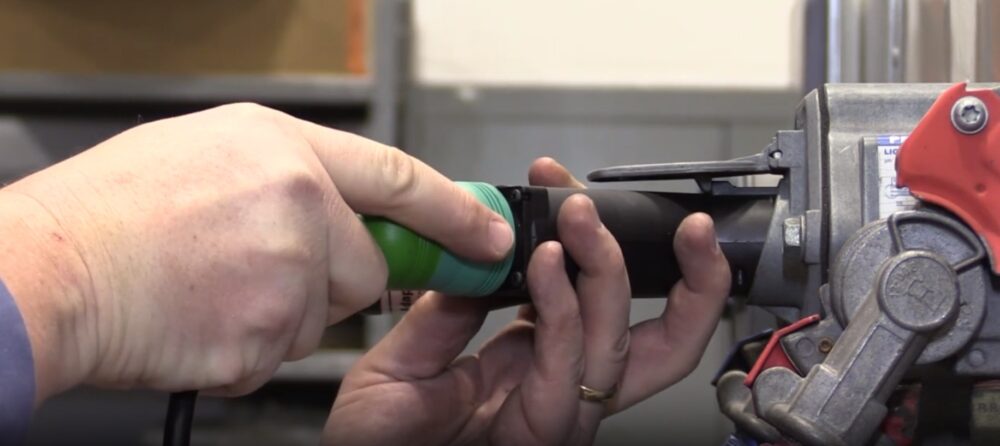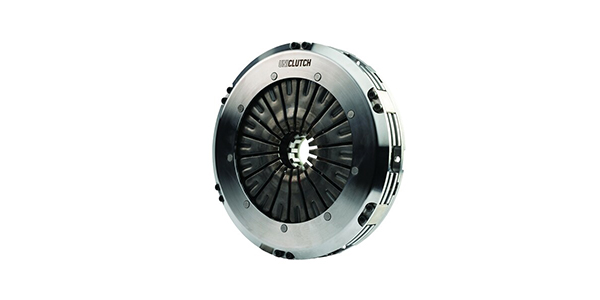Q: Is it true that BIZOL motor oils are formulated and produced so the consumer can confidently drive to the higher than average oil change intervals recommended by car manufacturers?
 A: This is true. To produce long-lasting quality oil, the base oil and the additives are the most critical elements and should be of the highest standard, since these are the most costly aspects of oil. BIZOL uses superior base oils from the North Sea, among other large bodies of water, and has strict quality control. All oils are tested independently from the shipper, therefore maintaining a consistent level of quality. Since each of the four oils has a specific application, BIZOL specializes the blend for each vehicle. This combination of the best base oils and the best additives ensures that the oil put into your car enhances safety and meets the manufacturers recommended oil change interval (10,000 miles). BIZOL has a world-wide reputation for excellence.
A: This is true. To produce long-lasting quality oil, the base oil and the additives are the most critical elements and should be of the highest standard, since these are the most costly aspects of oil. BIZOL uses superior base oils from the North Sea, among other large bodies of water, and has strict quality control. All oils are tested independently from the shipper, therefore maintaining a consistent level of quality. Since each of the four oils has a specific application, BIZOL specializes the blend for each vehicle. This combination of the best base oils and the best additives ensures that the oil put into your car enhances safety and meets the manufacturers recommended oil change interval (10,000 miles). BIZOL has a world-wide reputation for excellence.
Q: Many oils in America are labeled “synthetic.” How can we be sure that is what we are getting?
A: In the United States, a mineral oil only has to have a minimum of 10 percent synthetic oil added to be considered a semi-synthetic, a synthetic blend or even a fully-synthetic oil. This is the only major market in the world where these mixed oils can legally be labeled as “synthetic,” which allows the manufacturers to undercut the price of true synthetic oils. Strict German standards for “Synthetic Motor Oils” result in 100 percent consumer transparency and protection. Germans cannot classify oil as “synthetic” unless it is a true Group III or Group IV oil. You can be assured our German-made oil is truly synthetic when it is labeled as such.
Q: Most vehicles made today require synthetic oil. Does performance match the cost?
A: Oil is categorized into four groups. Group I and Group II oils are considered mineral (conventional) oils. Group III oils are produced by a process known as “Hydrocracking,” where mineral oil is subjected to extreme temperatures and pressure under the presence of hydrogen. The pressure causes the long molecules to be “cracked” into shorter, stable ones. This results in oil that offers great stability, high resistance to breaking down and aging, very low evaporation loss and superior cold-weather starting performance (compared to non-synthetic, Group I and Group II oils). Group IV oils are made from gasoline and are consequently expensive. The performance of Group III and Group IV oils vary ever so slightly that most major OEMs only find need to specify in the main Group III oils. BIZOL, however, labels Group III as “Synthetic” and Group IV oils as “Fully Synthetic.”
Q: There are major differences between the American Petroleum Institute (API) versus European Automotive Manufactures Association (ACEA) standards. What does this mean for your product?
A: The ACEA has a set of standards that outstrip the API standards and are used by the European Original Equipment Manufacturers (OEMs). The German OEMs have additional requirements on top of the ACEA standards, due to their specific engine requirements. BMW, Mercedes Benz and the Volkswagen group (Audi, Porsche and VW) not only specify, but also give an approval only when motor oils meet their own strict guidelines and specifications including safety and performance. BIZOL Motor Oils have approvals from all three of these groups and exceed the standards set by the API.
Courtesy of BIZOL.


